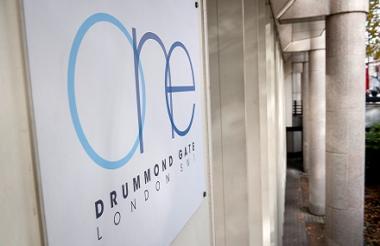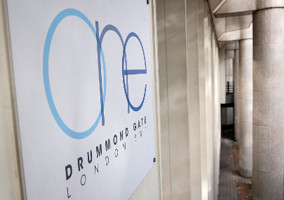Andrew Purkis writes that the new board appointments make it less likely that charities will be open to the suggestion that they should pay towards regulation.
The Department of Culture, Media and Sports has announced three new members of the Charity Commission board, as reported in Civil Society News of 1 December.
They are able individuals who will undoubtedly strengthen the skills on the board in significant respects. But they do not address the Commission's current credibility problem with a substantial and influential part of the charity sector.
Laurie Benson is CEO of a media consultancy firm and has excellent publishing experience and knowledge of matters digital. Paul Martin is a former senior staffer in MI5 with security expertise. Catherine Quinn is CEO of a Business School and has been chief executive of Middle Temple, head of grants management at the Wellcome Trust and Director of research services at Oxford University.
None of them is steeped in the charity sector. They have some experience as trustees, but none of them has work experience as staff of a mainstream charity. Managing multi-million pound budgets for medical research, or running a business school, may technically count but is highly specialist.
As experience from the staffed charity sector, this is probably less relevant than that of the isolated Claire Dove who is being replaced and who runs a vigorous charitable social enterprise embedded in the community and voluntary sector of the North West.
A step backwards
So one of the Commission's key problems is probably slightly worse than it was for the previous three years. That is there is a lack of understanding and rapport with an influential part of the charity sector, which holds the lion's share of resources and staff.
Can you imagine a media regulator with no personal experience of working in the media, or a regulator of business with no experience of working in business?
When the Charity Commission was modernised in the 1990s, one sign was bringing in chief executives and some board members whose working experience included years of personal knowledge and commitment as charity staff.
This now applies, so far as I know, to no senior staff and (with the heavily qualified exception of Catherine Quinn) no board member of the current Commission.
Why does it matter?
Because a Commission lacking that dimension will struggle to eliminate the deficit of respect and confidence that many staffed charities feel towards their regulator.
Because a Commission lacking that dimension can put out negative, restrictive and insensitive guidance on participation in the EU Referendum and be surprised by the reaction it received, and then have to hastily revise it.
Because such a Commission will be at sea trying to regulate charities' political activity of which none of them has personal experience.
Because such a Commission will be incapable of offering a calm, understanding, impartial, authoritative voice when issues arise that affect public confidence in charities.
Because a Commission that thinks of itself (simplistically) as a policeman will find that successful policing requires sufficient rapport with the community it is trying to police.
Less likely that charities will pay for regulation
The Commission needs to be independent of the government of the day and of the charity sector.
Its job is not be cheerleader for the sector. But its job is to regulate the sector effectively. To do that when hardly anybody in the Commission has ever worked as staff in the mainstream sector is too difficult.
However excellent the three new board members may be in many respects, the failure to address that major problem looks like a missed opportunity. It may make it less likely than ever that the charities with the resources to pay for a regulator will want to do so.
Related articles











